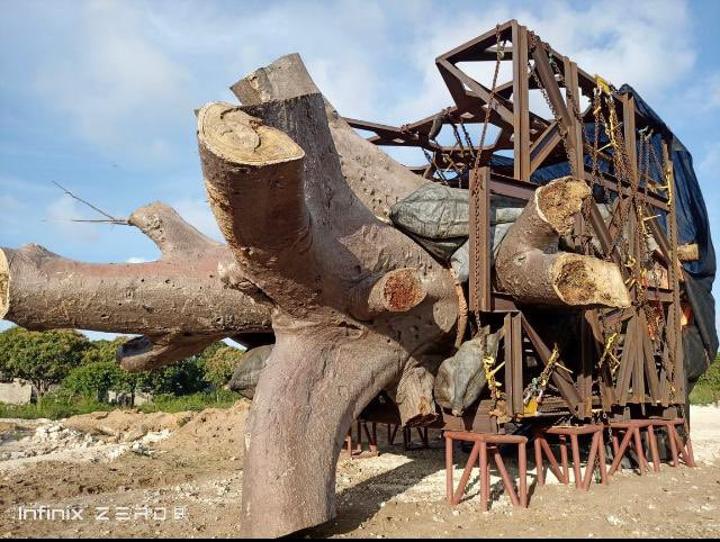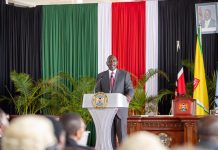Africa-Press – Kenya. President William Ruto has promised to end the controversial uprooting and selling of baobab trees in Kilifi. The directive by Ruto comes barely three days after environmentalist Dr Paula Kahumbu raised alarm over the ongoing harvesting of the trees in the area.
“Someone is allegedly digging up and selling ancient giant baobab trees in Kilifi county. Please can you look into this and stop the destruction of our trees,” she said.
She noted that the president had clearly communicated that trees are sacred to be planted not destroyed. The President has instructed the Ministry of Environment and Forestry to look into the matter within the Convention on Biodiversity and the Nagoya Protocol.
“There must be adequate authorisation and an equitable benefit-sharing formula for Kenyans. Further, the exercise must be in line with the government’s agenda of planting 15 billion trees in the next 10 years,” he said.
.@Environment_Ke @CCF_Kenya someone is allegedly digging up & selling ancient giant baobab trees in Kilifi County. Please can you look into this and stop the destruction of our trees HE – @WilliamsRuto has clearly communicated that trees are sacred to be planted not destroyed pic.twitter.com/l8fz3QxCAc
This comes hot on the heels of a decision by Tezo residents to cut down the trees claiming that they consume a lot of water and dry their land. As a result, Tezo farmers want to dispose the trees and shift focus on food crop farming due to increased famine.
The farmers argued that baobab trees are blocking other plants from sunlight leading to poor crop growth. Moreover, farmers said the trees occupy big part of their lands thus limiting their farming potential.
Baobab trees are said to have been in existence for around 250-500 years. A giant mature baobab tree is exported and sold at between Sh100,00 to Sh300,000.
A Georgian investor George Gvasaliya, is said to have developed the infrastructure of Kilifi by improving roads and constructing schools in exchange for the trees.
“George has improved our roads, built schools for us and in return, we allow him to buy our trees,” Davis Kahindi, a farmer said. Environment expert, Dr Muinga Chokwe is against the activity and said the tree has a lot of benefit especially to ecology.
He said that the preservation of baobab trees is key as they are historical, and they provide a habitat for many species of insects, reptiles and birds.
“The trees not only have environmental benefits, it also contains humus, a dark organic matter in soil that is rich in nutrients and retains moisture in the soil,” he said. He added that the tree has elements such as manganese, magnesium and it is also known to withstand harsh weather conditions.
For More News And Analysis About Kenya Follow Africa-Press






